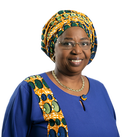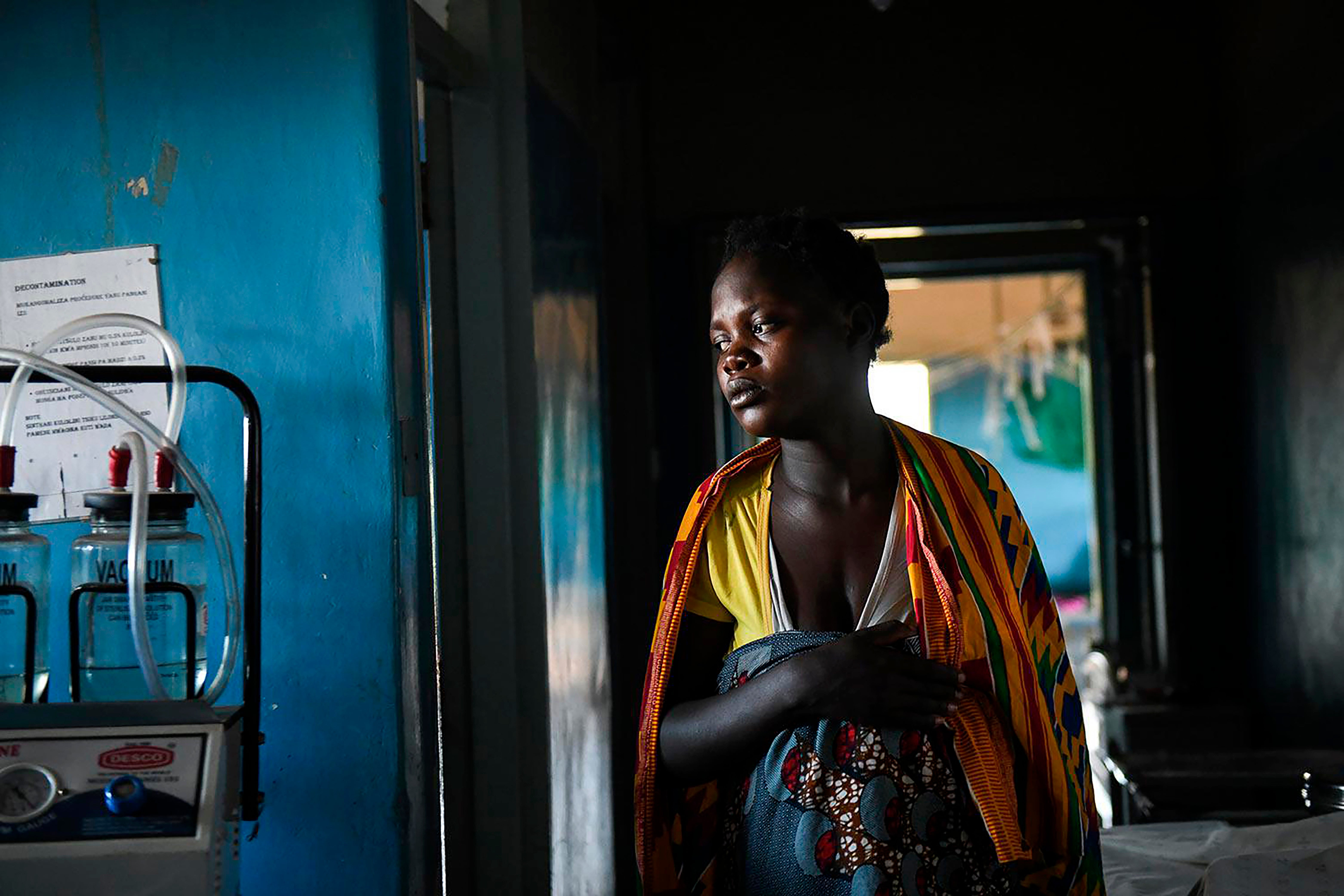We can counter the effects of the pandemic on women by putting gender equality at the heart of Covid recovery
Eliminating the gender inequalities that stifle women’s health needs is not just a moral imperative. It also makes sound economic sense


Untold impact on essential health services from Covid-19 in many countries is hitting women and girls hard. In the face of surges and disruptions, contraceptives are unavailable from local clinics, access to sexual health information is no longer prioritised, and women health workers – the beating heart of many communities – are stretched beyond capacity – at work and at home. Without adequate protective equipment, many are facing risks at work.
With Covid-19 exposing deep and persistent inequalities, world leaders have an unprecedented opportunity to take concrete and transformative actions to advance gender equality. The Generation Equality Forum hosted by President Macron in Paris this week will shine a spotlight on the wide chasm between where the world is today and where we hope it will be by 2030.
The call for accelerated and irreversible actions on gender equality has never been more urgent.
Accelerated actions are needed because modest progress that had been slow and uneven to begin with, is now under threat. We need only to look at sexual and reproductive health and rights to see what still needs to be done. Every year, at least 10 million teenage girls give birth as a result of rape or unwanted pregnancy, nearly 300,000 women die during and following pregnancy, and 220 million women who don’t want to get pregnant cannot access contraceptives – with an additional 5 million women losing access to contraceptives due to disruptions caused by Covid-19.
Irreversible actions are needed because the Covid-19 pandemic has shown that fundamental systems that underpin many societies also tend to be gender-biased.
The last 15 months of the pandemic have had significant impacts on women and girls. Gender-based violence has risen sharply; protracted school closures will keep millions of girls out of the classroom forever; more marriages at a younger age; more unpaid care has fallen to women; and disruptions in health and food systems means that millions more women and girls will suffer from hunger and malnutrition if action is not taken. Since the start of the pandemic, there has been up to a 25 per cent reduction in coverage of essential health services for women and girls in GFF partner countries. This is equivalent to four million women being unable to receive childbirth care and 17 million children missing vaccinations.
Eliminating the gender inequalities that stifle women’s health needs is not just a moral imperative. It also makes sound economic sense and is critical to the Covid-19 recovery. For example, World Bank research shows Niger’s per capita GDP could be more than 25 per cent larger if gender inequality were reduced.
As global and local efforts focus on building a resilient recovery, ensuring gender equality and the provision of comprehensive sexual and reproductive health services need to be part of those efforts. The good news is that we know what to do and we have existing tools and partnerships that can help build a bridge over that widening chasm.
The Global Financing Facility (GFF), a partnership housed at the World Bank, has gender equality at its core. Since 2015, the GFF has worked with countries to make women’s, children’s, and adolescents’ health a priority. It has supported countries to crowd in funding – including increased domestic budget and private capital – behind a health plan that prioritises the innovations, high impact interventions and systems that are needed to support women and youth.
The GFF approach works well and at a scale that the world urgently requires. In GFF-supported countries, more women and adolescent girls have accessed modern contraceptives, more women have received antenatal care and are able to access birth facilities, and fewer adolescent girls have given birth.With constrained domestic and international budgets grappling with the economic fallout of the pandemic, we need to use innovative and catalytic approaches that unleash additional public and private financing, including from capital markets.
But expanding the amount of money will not be enough if it is kept in cities and does not reach the last mile. Now, more than ever, countries need to embrace policies and finance actions that prioritise primary healthcare – including sexual and reproductive health services – everywhere. We need to expand access to family planning and integrate comprehensive sexual, reproductive health services as a core part of health systems in all community settings.
By putting gender equality at the heart of policy and financing, together we can counter the effects of the pandemic on women and girls. Together we can reclaim the gains and build the world back fairer, safer, and healthier. But we need decisive actions now and urgently
HE Professor Awa Marie Coll-Seck, minister of state, Republic of Senegal; The Honourable Karina Gould, minister of international development, global affairs, Canada; and Mari Pangestu, managing director of development policy and partnerships, World Bank.

Join our commenting forum
Join thought-provoking conversations, follow other Independent readers and see their replies